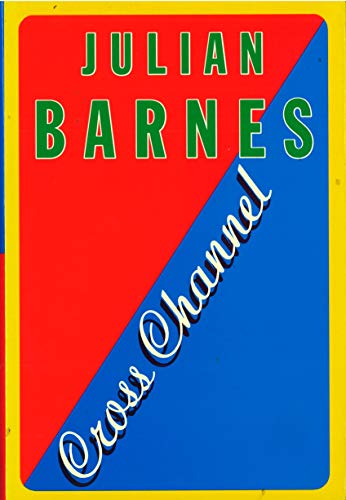Book 22 - Frank Close "Neutrino"
Mar. 8th, 2019 06:47 amFrank Close "Neutrino" (Oxford University Press)

In this engaging, concise volume, renowned scientist and writer, Frank Close, touches on speculative ideas on the possible uses of neutrinos and their role in the early universe along the way. In fact, this is a history of the discovery and study of neutrinos. So, you do not get a systematic scientific treatise of neutrino physics. Instead, you have a fascinating story about the gradual discovery of the mystery. It is as much about the scientists involved as the actual experiments and ideas.
The book reads like a detective novel and is a tremendously good read. The hardcore physicists may want to have something more rigorous in a science book, but for the average reader, this is the most exciting book about particle physics you're likely to read.

In this engaging, concise volume, renowned scientist and writer, Frank Close, touches on speculative ideas on the possible uses of neutrinos and their role in the early universe along the way. In fact, this is a history of the discovery and study of neutrinos. So, you do not get a systematic scientific treatise of neutrino physics. Instead, you have a fascinating story about the gradual discovery of the mystery. It is as much about the scientists involved as the actual experiments and ideas.
The book reads like a detective novel and is a tremendously good read. The hardcore physicists may want to have something more rigorous in a science book, but for the average reader, this is the most exciting book about particle physics you're likely to read.


